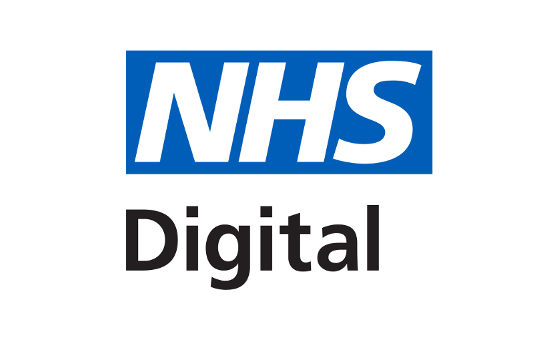 An initiative has been launched to ensure private healthcare data is recorded in the same way as NHS data in England, with the aim of improving consistency across the system. The Acute Data Alignment Programme (ADAPt) aims to integrate data on privately funded healthcare into NHS systems and standards for the first time. This will address a long-standing concern about the lack of visibility of quality in private care and promoting the completeness of patient records, where some care has been received privately.
An initiative has been launched to ensure private healthcare data is recorded in the same way as NHS data in England, with the aim of improving consistency across the system. The Acute Data Alignment Programme (ADAPt) aims to integrate data on privately funded healthcare into NHS systems and standards for the first time. This will address a long-standing concern about the lack of visibility of quality in private care and promoting the completeness of patient records, where some care has been received privately.
The programme is being jointly led by NHS Digital and the Private Healthcare Information Network (PHIN), the CMA-approved information organisation, in partnership with the Department of Health and Social Care, NHS England, NHS Improvement, and the Care Quality Commission (CQC) .
Phase 1 will see co-operation between all parties to accelerate publication of information mandated by the CMA, while Phase 2 will aim to redirect the flow of data for approximately 750,000 privately funded hospital episodes each year from PHIN to NHS Digital. A public consultation on the scope and objectives will be launched later this year.
Jeremy Hunt, Secretary of State for Health and Social Care, said: "Earlier this year, I asked NHS Digital and PHIN to work together to ensure that we can see the same standards of transparency in the private sector as in the NHS. The result has been the ADAPt programme, which will drive improvements in data collection and help patients and others understand more about the quality of care. This will be an important, practical step in taking forward the safety agenda in the Independent Sector."
Sarah Wilkinson, NHS Digital Chief Executive, said: "Integrating data from private suppliers into NHS systems will improve the completeness of records for patients whose care is split across private and NHS providers. This will improve safety, efficacy and convenience for these patients. In addition it will provide insights into patient outcomes in the private sector and how they compare to the NHS. These insights will help increase standards of care in both sectors."
Matt James, Chief Executive of PHIN said: "We're delighted to be working on the ADAPt Program with NHS Digital and other partners. ADAPt potentially offers a faster and more sustainable way to achieve greater transparency in private healthcare."
About NHS Digital
NHS Digital is the national information and technology partner of the health and care system. Our team of information analysis, technology and project management experts create, deliver and manage the crucial digital systems, services, products and standards upon which health and care professionals depend. During the 2017/18 financial year, NHS Digital published 272 statistical reports. Our vision is to harness the power of information and technology to make health and care better.
About The Private Healthcare Information Network (PHIN)
The Private Healthcare Information Network (PHIN) is an independent, not-for-profit organisation that exists to empower patients with better information about private healthcare. As the official Information Organisation under the Competition & Markets Authority (CMA) Private Healthcare Market Investigation Order 2014, PHIN is responsible for collecting and publishing performance data on all privately funded acute healthcare in the UK.Source: NHS Digital